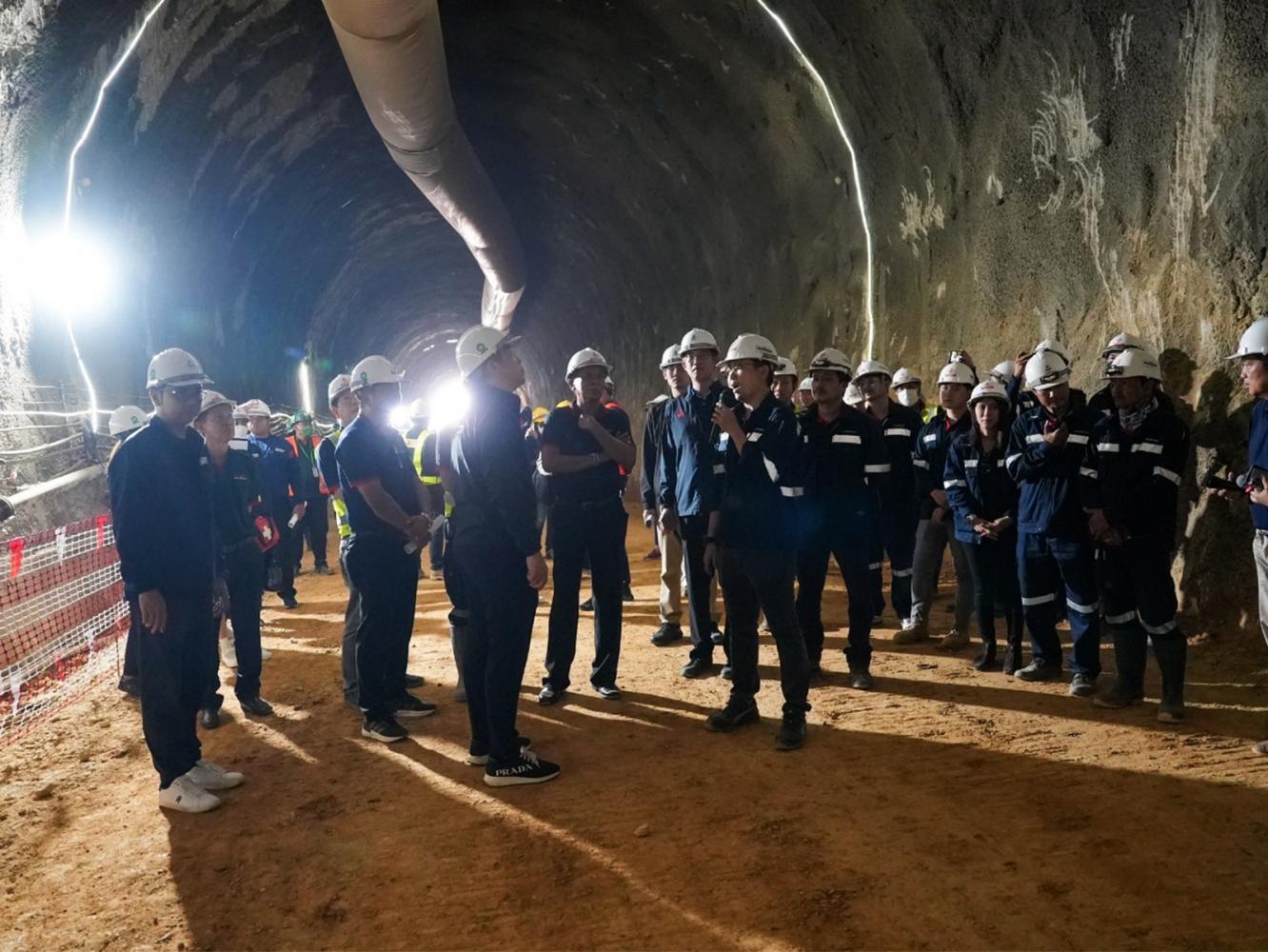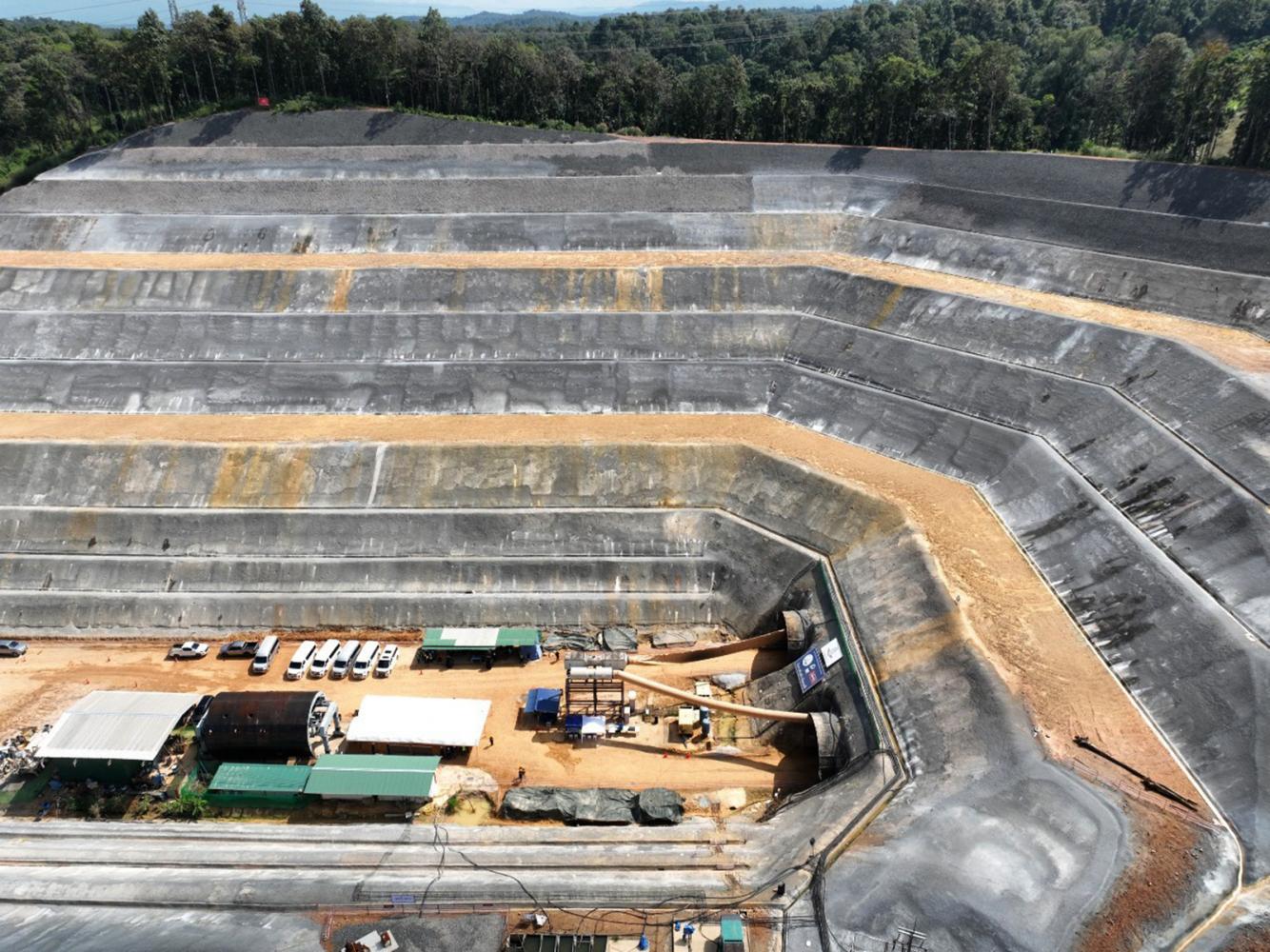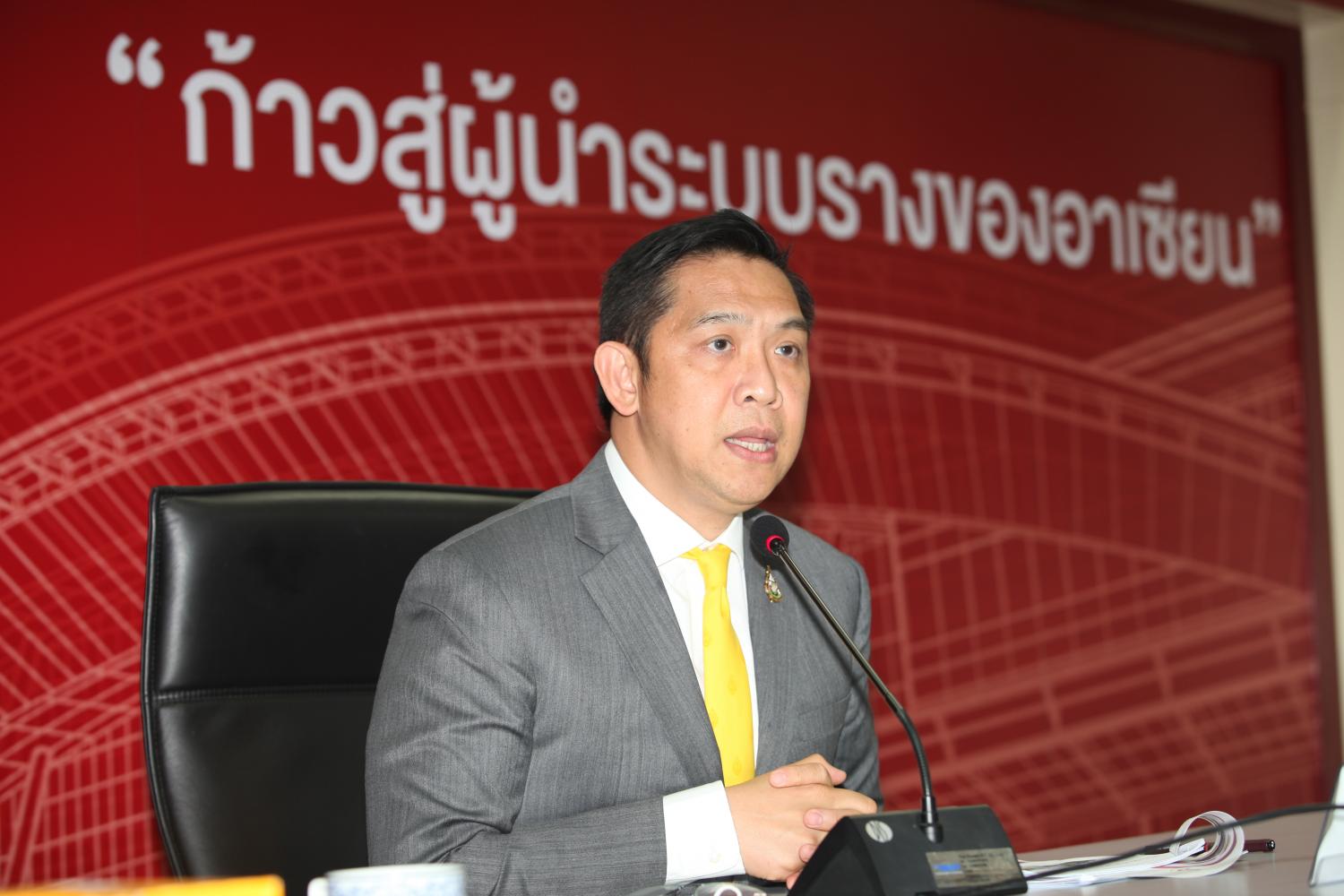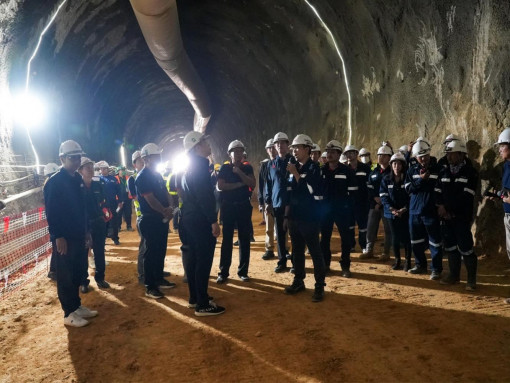Den Chai-Chiang Khong railway in the North to be running by 2028

The State Railway of Thailand is confident the 323.1-kilometre Den Chai-Chiang Rai-Chiang Khong double-track railway project will come into operation in 2028 as planned, with construction making good progress.
Approved by the cabinet on July 31, 2018, work started on Feb 15, 2022, and is about 3% done, slightly ahead of schedule, while the expropriation of land needed for the project is about 80% complete, according to SRT governor Nirut Maneephan.
There were 7,400 plots of land required to be expropriated at a cost of 10.6 billion baht, he said, adding that 80% have now been handed over to the contractor.
Some land was privately owned, and other plots held by various state agencies, including the Agricultural Land Reform Office, Royal Forest Department and Treasury Department, he said.
The compensation rate is 3.2% higher than the average land prices estimated and announced by the Treasury Department, he added.
“Work on the double-track rail route should be complete on Jan 14, 2028, and the new railway opened later that year,” he said.
On Nov 10, the SRT led a press tour to the site of a new 2.7km railway tunnel called Mae Ka Tunnel, which will stretch from a part of Lampang to neighbouring Phayao.

A bird’s-eye view of the site of the new 2.7km Mae Ka Tunnel, which will stretch from Lampang to neighbouring Phayao.
Work has been ongoing for eight months at this site, which will be one of the four railway tunnels to be built.
The workers are required to finish the work in 45 months.
The tunnels are designed to withstand the impact of an earthquake and are equipped with a modern flood prevention and drainage system, 11 cross passages for use in an evacuation in case of emergency and four passages leading to an equipment room.
The tunnels run through a number of mountains at an average height equivalent to that of a standard 20-storey building and have a combined length of 13.5km.
A second tunnel, which is to be built in Phrae’s Song district, is about 1.17km long, while the third tunnel in Ngao district of Lampang will be 6.24km, making it the longest in the country.
The fourth tunnel will be 3.4km long and built in Doi Luang district in Chiang Rai.
“This double-track railway project has been anticipated for a long time by those living along the route, so locals have responded well to requests for cooperation,” said Mr Nirut.
The railway route, which will be one of the country’s most scenic, will also benefit tourism, as well as serving as a link for the transport of cargo and passengers to and from China, he said.
A cluster of intermodal facilities is also planned for Chiang Rai’s Chiang Khong district to help cut logistics costs, he said, adding these facilities will be jointly operated by the SRT and the Customs Department.

Nirut: Making progress
Construction details
The work is split into three contracts, he said.
The first contract deals with the construction of a 103.7km section of the railway between Den Chai district in Phrae and Ngao district in Lampang, with the 26.56-billion-baht contract awarded to ITD-Nawarat Joint Venture.
The work is planned to take 71 months, from Feb 15, last year, until Jan 14, 2028.
In the second contract, a 132km section of the double-track railway will be built from Ngao district in Lampang to Muang district of Chiang Rai province by CKST-DC2 Joint Venture at a cost of 26.89 billion baht.
An 87km section will be built from Chiang Rai’s Muang district to Chiang Khong district of that province under the third contract, awarded to CKST-DC3 Joint Venture. The cost is 19.38 billion baht.
The Den Chai-Chiang Rai-Chiang Khong double-track railway project is a part of the government’s national transport infrastructure development strategy, said Mr Nirut.
This railway project is also a part of the country’s third phase of inter-city rail network development, which is aimed at enhancing rail transport for both goods and passengers to catch up with the growing demand for rail transport and logistics services, said Mr Nirut.
An effective railway network will bring about a significant decrease in road accidents, cargo transport costs, traffic emissions and energy consumption in the long run, he said.

